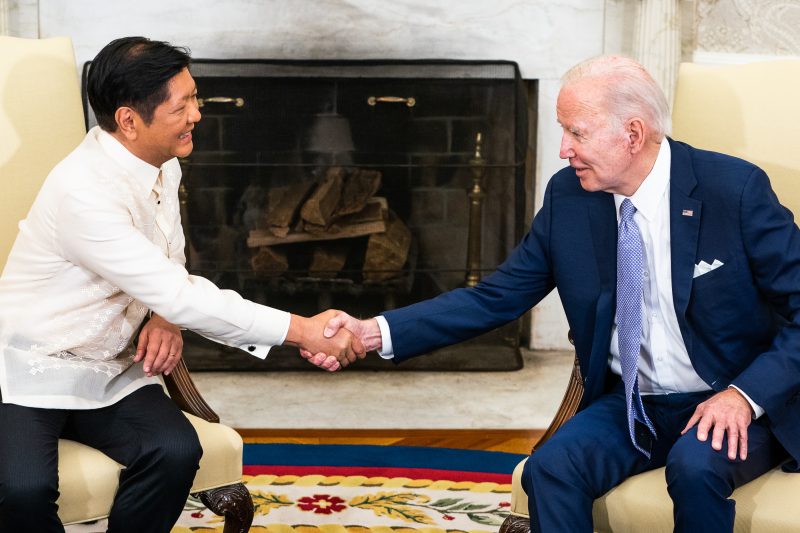A Brave New Era: Biden’s Technology Policies and the Huawei Conundrum
In an ever-evolving world, technology plays a pivotal role in shaping the future. As governments worldwide strive to maintain a competitive edge, the influence of major tech players cannot be understated. One such company, Huawei, has dominated headlines due to its controversial ties with the Chinese government, and now, President Joe Biden faces a challenging decision – to unleash or curtail Huawei’s potential as a global technology powerhouse.
Throughout his presidential campaign, Biden highlighted the need for a robust technology policy that prioritizes American leadership in innovation. However, undoing the policies of the previous administration while tackling national security concerns associated with Huawei’s presence will prove to be no easy feat.
The Trump administration actively worked to impede Huawei’s global expansion, citing concerns over the company’s alleged involvement in espionage on behalf of the Chinese government. Former President Trump dreamed of a Huawei killer – a tech giant capable of rivaling China’s telecommunications behemoth. This fueled the United States’ stringent actions against Huawei, including an executive order banning the company from purchasing American technology and lobbying allied nations to follow suit.
Despite these efforts, Huawei still holds a significant share of the global technology market, particularly in 5G infrastructure. As numerous countries around the world look to implement this technology, the question arises – will Biden continue Trump’s hardline approach, or chart a new path?
One factor that may impact Biden’s decision is the potential economic repercussions. The ban on Huawei led to a decline in global technology trade, disrupting supply chains and causing headaches for international businesses reliant on Huawei’s products. If Biden maintains a tough stance on Huawei, the risk of further economic instability must be considered.
Moreover, the Biden administration also aims to enhance relationships with allies strained during the Trump era. Convincing countries such as the United Kingdom, Canada, and Germany to limit or exclude Huawei from their 5G networks is crucial for maintaining transatlantic partnerships. Balancing national security concerns and diplomatic relationships will require a nuanced approach that is both firm and collaborative.
Another factor to consider is the potential impact of excluding Huawei from future technological advancements. The company is widely regarded as a technology leader, with significant investments in research and development. By restricting access to Huawei’s technology, the United States risks falling behind in crucial areas such as artificial intelligence, the Internet of Things, and next-gen communications.
Finding a middle ground that prioritizes national security without abandoning technological progress is the challenge that President Biden faces. Perhaps he will seek alternative ways to ensure cybersecurity, such as increased investment in domestic 5G infrastructure, development of open-source technologies, or bolstering partnerships with other tech companies.
As Biden navigates the complex Huawei conundrum, it is evident that the decision made will set the stage for America’s tech future. Striking a delicate balance between national security, economic stability, and technological innovation is no small task. The world eagerly anticipates how the Biden administration will shape the landscape of global technology in the years to come.
